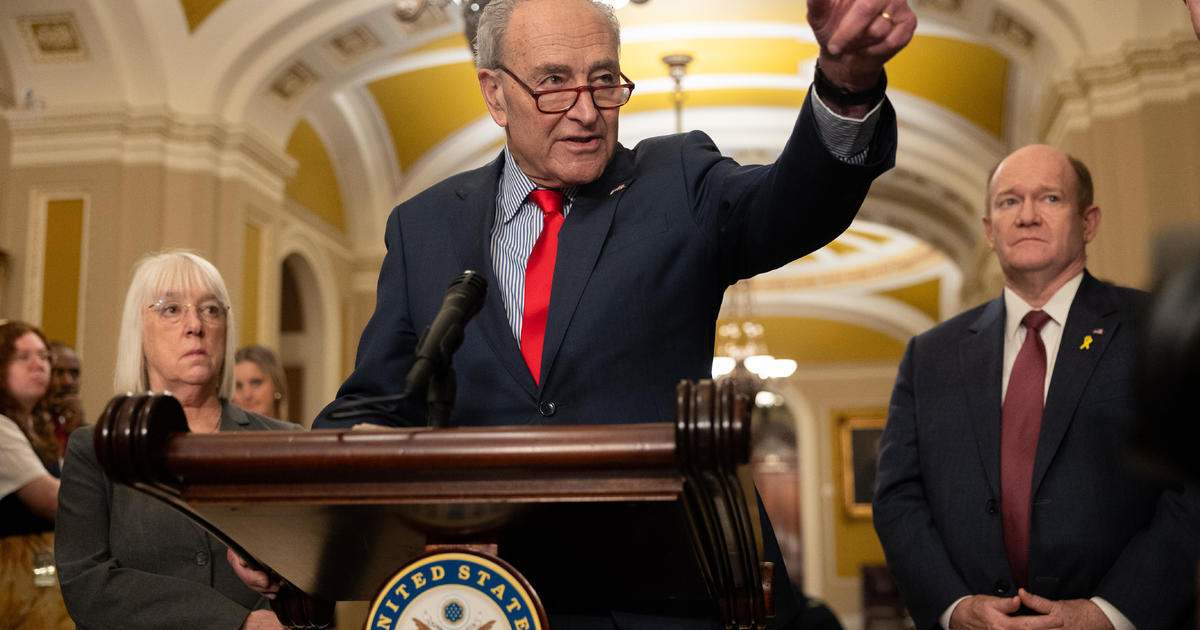The House passed a bill that could lead to a ban of TikTok in the U.S. due to concerns about national security risks posed by the Chinese-owned app. The legislation requires TikTok’s parent company, ByteDance, to sell the app within six months to maintain access to U.S. web-hosting services and app stores. Lawmakers from both parties have warned about the potential for Chinese government spying and misinformation through TikTok, while opponents of the bill argue that it could limit free speech and negatively impact businesses and creators who rely on the platform.
Despite the House’s swift passage of the bill, the Senate is moving more slowly on the issue. Senators have expressed concerns about the bill’s impact on free speech and constitutional rights, with some questioning the need for such drastic measures. Senate Majority Leader Chuck Schumer has not committed to bringing the bill up for a vote, and some senators have called for a classified briefing on the issue before making a decision. The fate of the bill in the Senate rests in the hands of Sen. Maria Cantwell, who chairs the Senate Commerce Committee and has expressed concerns about its constitutionality.
Senators Mark Warner and Marco Rubio have expressed support for the bill, citing national security concerns and the need to resist Chinese influence through TikTok. However, other senators have raised questions about the bill’s effectiveness and potential unintended consequences. Some senators have called for a more targeted approach to addressing national security risks posed by Chinese-owned apps, while others have expressed doubts about the bill’s ability to eliminate the threat. The Senate’s reaction to the House bill has been mixed, with some senators calling for divestment from Chinese-owned companies and others expressing reservations about the bill’s impact on civil liberties.
TikTok has pushed back against the proposed ban, arguing that it would have a significant impact on the economy and millions of American users. The company has encouraged users to contact their senators to voice their opposition to the bill and protect their constitutional rights. TikTok CEO Shou Zi Chew has stated that the company will defend its legal rights and fight against the ban. The bill’s fate in the Senate remains uncertain, with lawmakers divided on how best to address national security risks posed by Chinese-owned apps like TikTok.









